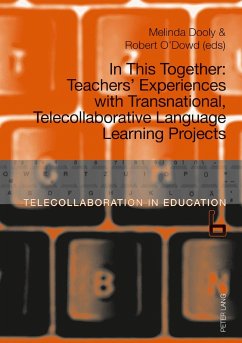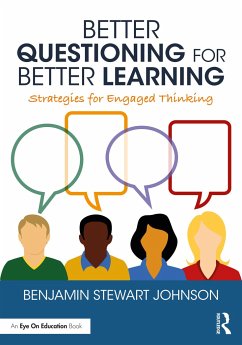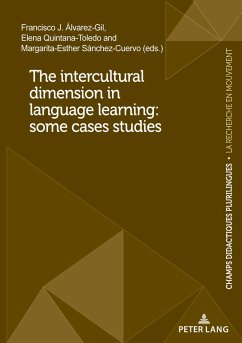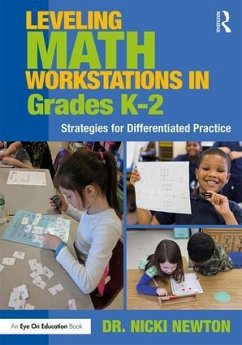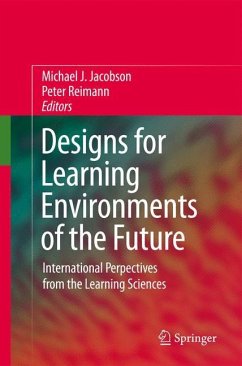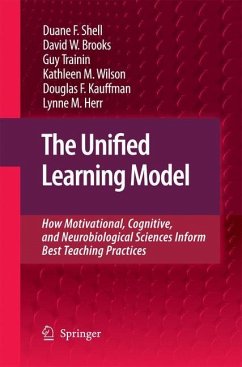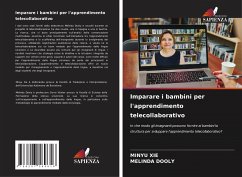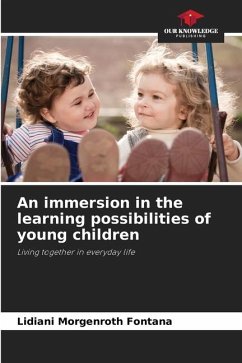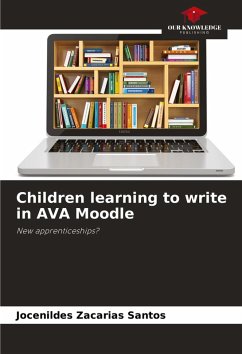
Scaffolding children for telecollaborative learning
How does the teacher provide scaffolding for children to develop telecollaborative learning?
Versandkostenfrei!
Versandfertig in 6-10 Tagen
29,99 €
inkl. MwSt.

PAYBACK Punkte
15 °P sammeln!
This paper aims to investigate how teachers provide scaffolding to children in order for telecollaborative learning to take place. The data are provided by Dr. Melinda Dooly and collected during a telecollaborative project between two schools, one in Spain and one in Austria. Approaching the data primarily from an analysis of multimodal conversation, this research looks at the challenges encountered in the interaction of telecollaborative learning and teacher scaffolding as this process unfolds, using audio-visual recordings of the class, and also assesses whether telecollaboration is a good w...
This paper aims to investigate how teachers provide scaffolding to children in order for telecollaborative learning to take place. The data are provided by Dr. Melinda Dooly and collected during a telecollaborative project between two schools, one in Spain and one in Austria. Approaching the data primarily from an analysis of multimodal conversation, this research looks at the challenges encountered in the interaction of telecollaborative learning and teacher scaffolding as this process unfolds, using audio-visual recordings of the class, and also assesses whether telecollaboration is a good way for foreign language learning and whether it should be more common for language teachers. The results show that strategies such as directives and instructions supplemented with nonverbal scaffolding such as gestures, gazes, and body actions are very effective for foreign language learning for beginners in telecollaboration. And telecollaborative learning offers a new model for language teaching and learning, which is beneficial for both learners and teachers.





